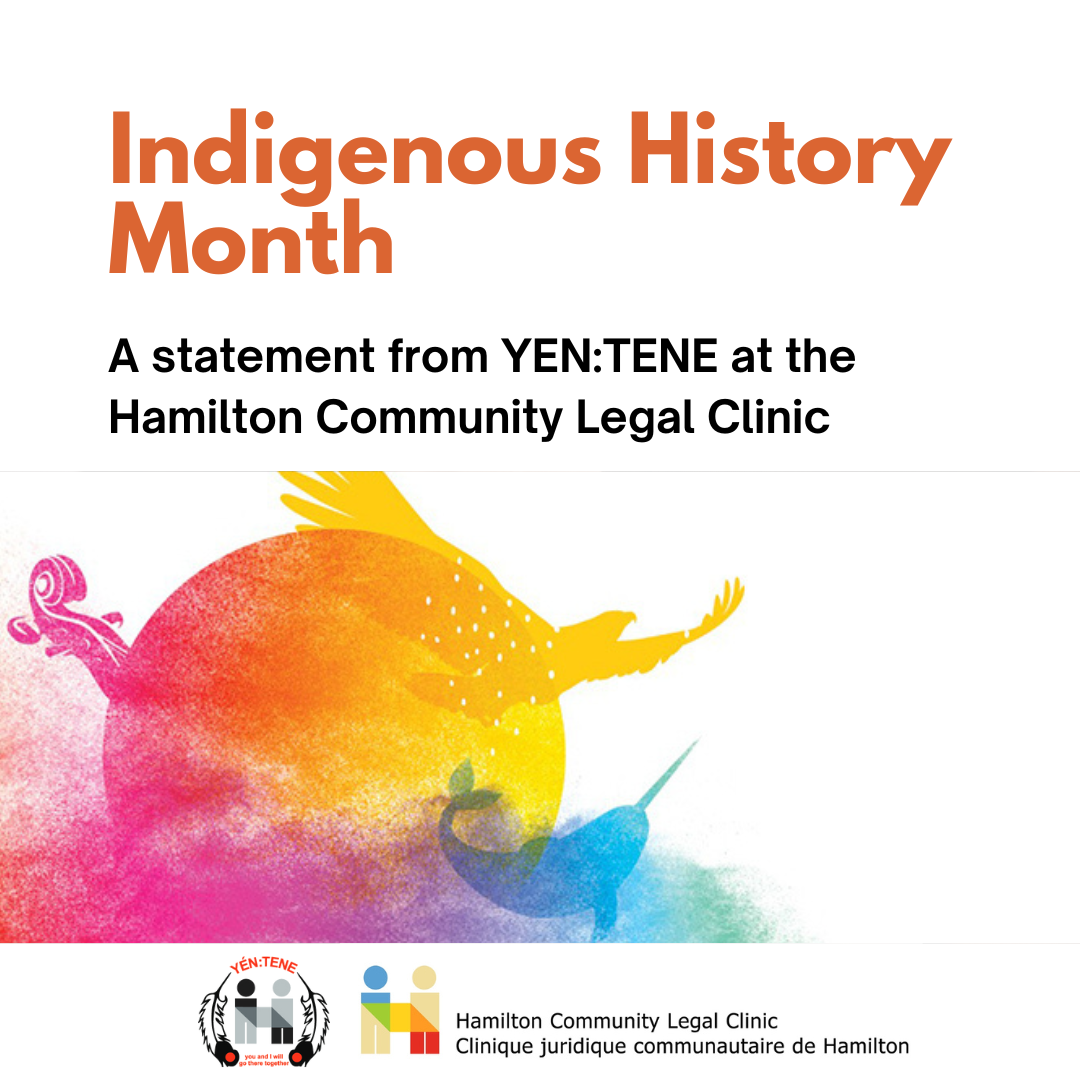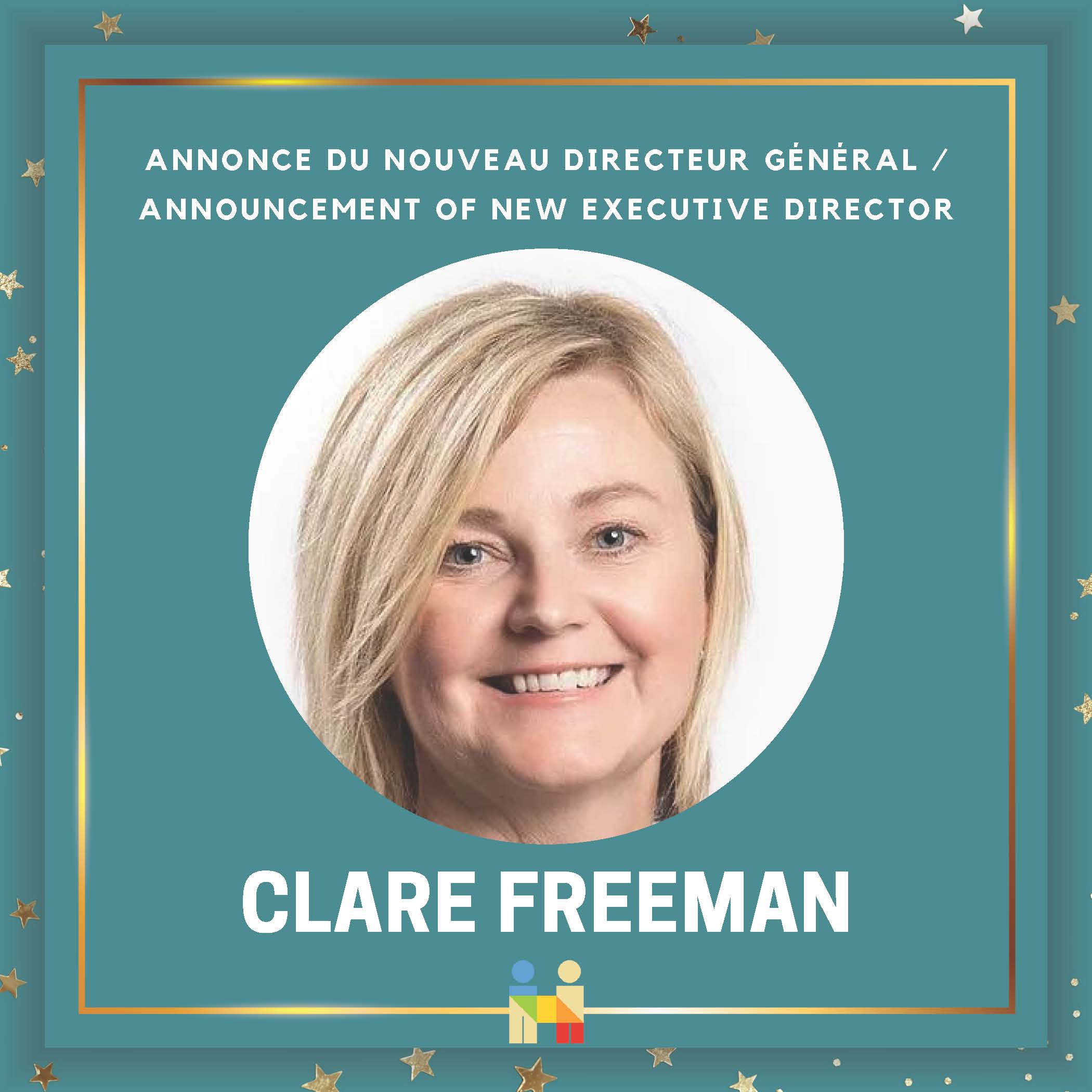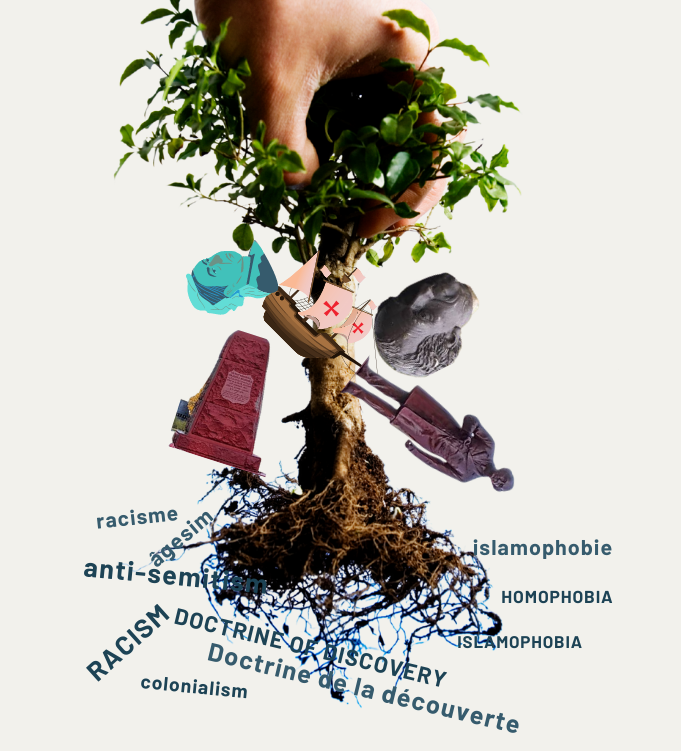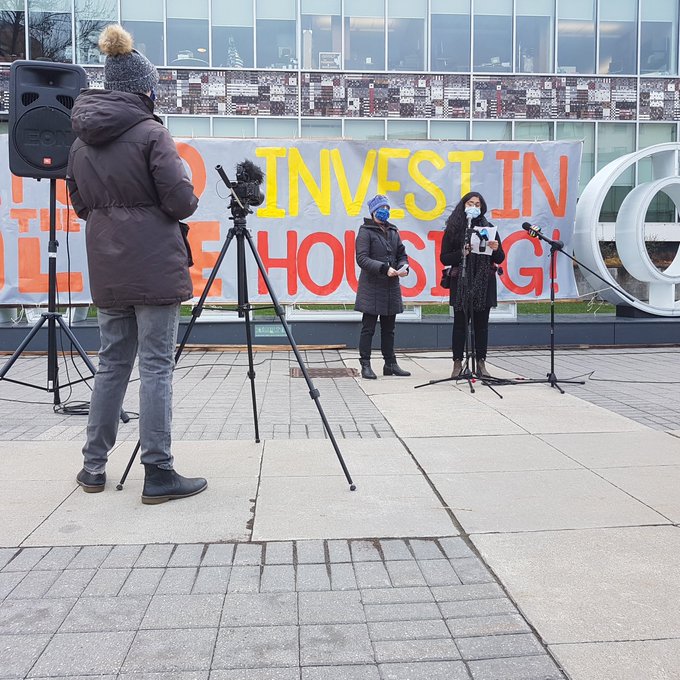
June is National Indigenous History Month in Canada. The development of National Indigenous History Month in Canada created an opportunity to learn about the unique cultures, traditions, experiences, ways of life and ways of being of First Nations, Inuit and Metis. It is a time to honour the stories, achievements, resilience and truths of Indigenous Peoples, who have lived on these territories since time immemorial. In June, Canadians celebrate National Indigenous History Month, an opportunity to honour the heritage, contributions and cultures of Indigenous peoples in Canada. National Indigenous History Month provides an opportunity to recognize not only the historic contributions of Indigenous peoples to the development of Canada, but also the strength of present-day Indigenous communities.
In June of 2009, the House of Commons designated June as National Aboriginal Month. In 2017, the name was changed to National Indigenous History Month.
Indigenous communities have celebrated their ways of life and ways of being around June 21st because of the change of seasons. It is the summer solstice and the longest day of the year. Many Indigenous communities celebrate this day with ceremonies that may include feasting, fasting, attending lodges, drumming and singing. The change of all seasons is an important time for most Indigenous communities and ceremonies are held by many during these times.
National Indigenous Peoples Day was announced in 1996 by then Governor General of Canada, Romeo LeBlanc. This was the result of consultations and statements of support for such a day made by various Indigenous groups:
In 2020, The Hamilton Community Legal engaged it developing an internal document call the Journey to ReconciliAction to guide the organizations in its commitment to work on the Truth and Reconciliation Commission (TRC) recommendations. The board of director’s approved sixteen recommendations that address 14 calls to action that apply to the clinics work which are contained within the TRC’s report that was released in 2015.
The clinic was one of the first non-Indigenous agencies to release such a document. This report is available on our website at hamiltonjustice.ca. The clinic views this document as a living document embedded in building strong relationships with First Nations, Metis and Inuit communities living in Urban settings and living on reserves; including Six Nations and the Mississauga’s of the credit. Currently the board of director’s is engaged in reviewing and renewing its work in the Journey to ReconciliAction and will do this work in a good way with open minds and open hearts and in consultation with Indigenous Peoples.
In 2016, as an early act of ReconcilAction, the Board of Directors approved the closure of our clinic on June 21, Aboriginal Solidarity Day, for a dedicated day of reflection. This closure allows our staff to participate in Indigenous events, gatherings, and activities, fostering a deeper understanding and connection with First Nations, Métis, and Inuit communities.
We encourage other agencies, businesses, and organizations to review the Truth and Reconciliation Commission’s recommendations and to develop their own roadmaps and commitments to adopt these recommendations at all levels. Concrete actions, such as designating a day for staff to reflect and educate themselves on Indigenous communities and their responsibilities, are essential steps toward reconciliation.
By closing our doors on Aboriginal Solidarity Day, we hope to set an example and inspire others to take meaningful actions in support of reconciliation and Indigenous solidarity.
Recipients of Ontario Works (OW) or Ontario Disability Support Program (ODSP) may be eligible to obtain a cooling device (such as an air conditioner) as a discretionary benefit.
As the frequency of extreme heat events occurs, the need for cooling devices increases. Those without access to cool spaces during extreme heat events can be subjected to prolonged exposure. Such exposure can cause loss of internal temperature regulation which can lead to various negative health effects or, in some cases, death.
The impacts of extreme heat events disproportionately effect certain vulnerable populations, such as the elderly, low-income earners, and individuals with existing health vulnerabilities.
Learn more, including eligibility requirements and restrictions, in OW and ODSP Discretionary Benefits and Cooling Devices (PDF). This is a resource developed by the Canadian Environmental Law Association.



February 1, 2023
Last Friday, the Ontario Superior Court of Justice released its long-awaited decision on the Region of Waterloo’s Application to remove individuals from a homeless encampment. The Court held that the Region could not remove people from the encampment without violating their right to “life, liberty and security of the person” guaranteed by the Charter of Rights and Freedoms.
The Superior Court made the following factual findings:
We have repeatedly raised the very same issues with the City of Hamilton and continue to do so in the Charter Application currently before the Superior Court about encampments in Hamilton. We are confident that when our case is heard, the Superior Court’s judgment in the Region of Waterloo case will be followed for Hamilton.
Until the City can provide encampment residents with immediate, permanent and supportive housing, any kind of encampment eviction violates the Charter. In addition to violating the rights to life, liberty and security of the person, encampment evictions discriminate against unhoused Indigenous and racialized individuals, women, people with disabilities, the 2SLGBTQIA+ community, and families. Until the City invests in and delivers permanent, affordable housing and related supports, the Charter requires the City to permit people to use tents and other survival materials.
Instead of complying with the Charter and taking meaningful and concrete steps to respond to these longstanding concerns, the City continues to rely on By-law enforcement and eviction, and on pouring resources into fruitless litigation that could be spent on affordable housing.
Indeed, the City has just recommended hiring two additional Municipal Law Enforcement Officers, at an annual cost of $277,000.00, and two Hamilton Police Services officers at an annual cost of $268,646.00 (see agenda item 10.4). Policing continues to be a violent and inappropriate solution to the lack of affordable housing. We oppose it unequivocally.
The City’s own Report arising from consultation sessions states “encampment evictions have profoundly negative impact on people’s physical and mental well-being.” The Superior Court reached the same conclusion. It remains to be seen whether Council will finally acknowledge these profound harms, move away from By-law enforcement, and focus on the creation of affordable housing.
The Hamilton Community Legal Clinic, Hāki Chambers Global, Ross & McBride, and the Community Legal Clinic of York Region, continue to challenge the City’s discriminatory approach to encampments and unhoused residents in Court, until such time as Council takes steps to remedy the harm the City has caused to houseless residents.
For media inquiries please contact:
Sujit Choudhry: (416) 436-3679, (917) 683-1380
Sharon Crowe: (437) 218-2364
Ashley Wilson: (905) 572-5833
On November 24th, 2022, a hate rally was organized in response to a family-friendly Drag Storytime event being held at the Terryberry library. Unfortunately, in response to the organization of this event, a small group of bigots gathered in an attempt to disrupt and protest. The words and actions of this group were in line with the rising tide of violence and hate that Queer communities across Canada are facing. Their allegations against the organizers, talent, and Queer community more broadly, have no basis in reality, and are irresponsible, ignorant, and dangerous. The Queer Justice Project and the Hamilton Community Legal Clinic condemn this hateful demonstration.
Such events are displays of ignorant bigotry that are putting our Queer communities in danger. It must not rest solely on Queer communities to bear witness, defend against, and call out this pattern of hate and violence. For our community at large, who might be just engaging with issues impacting the Queer community, we encourage you to take advantage of numerous educational and informational tools that can accessed online, including through the Hamilton Public Library. Queerness challenges and calls on all of us to reconsider beliefs and realities about more than just gender and sexuality but about how we love and live alongside each other in ways that respect and celebrate differences. All members of our community should rise to that challenge out of a shared spirit of love and acceptance – and not hatred and violence.
View the full statement on anti-2SLGBTQ+ action at Terryberry library
Press ReleaseFOR IMMEDIATE RELEASE
July 28, 2022
PRESS RELEASE
Earlier this year, Constable Brian Wren was charged with assault. Police service said it received a video from a business and a citizen after police arrested a suspect in a stolen vehicle investigation. Police said the officer’s use of force led to a criminal investigation.
Const. Brian Wren was immediately suspended and now also faces an assault charge. His first court appearance was July 21.
The individual assaulted and harmed is a member of the City of Hamilton Indigenous community. Members of the Indigenous community are very concerned that this appears not to be an isolated incident. This is the second time this has happened to this individual. The Hamilton Regional Indian Friendship Centre has justice related programs and reports that these types of allegations of aggressive police behaviours are frequent. This particular assault needs to be taken seriously, and major changes need to be made to not only protect our Indigenous relatives but also help protect our relatives of colour, members of various other ethnic backgrounds and members of other marginalized groups.
A full press release will take place on Tuesday August 2, 2022 at 1230pm in front of Hamilton Police Services downtown central location at 155 King William Street, Hamilton Ontario with members of Indigenous leadership, Indigenous community members and our friends and allies.
In solidarity.
January 21, 2022
FOR IMMEDIATE RELEASE
Hamilton Community Legal Clinic’s Response to Councillor Nann’s Motion Re: Encampment Response
Hamilton Community Legal Clinic welcomes Council’s vote to change the way it responds to encampments. Specifically, the City has agreed to consult with community stakeholders, including front line services working with the unhoused population, those with lived experience, and the health sector, to create a “human rights based, health focused approach to housing”. A copy of the motion can be reviewed by clicking here.
We have always encouraged this type of collaboration and person-centred approach.
Tackling the issue of homelessness and some of its root causes can seem like a monumental undertaking. There are, however, immediate alternatives to encampments evictions which do not require significant funding changes: revising and unifying shelter service restriction policies so that fewer people are unnecessarily banned from shelters, temporarily suspending by-law enforcement, and allocating existing emergency funds to affordable housing projects like tiny cabins (which have already been established in various municipalities).
We are pleased to see the City signal a willingness to engage in an open dialogue on an incredibly important matter. We encourage the City of Hamilton to prioritize these discussions and resolution in light of the urgency of the ongoing pandemic, shelter and housing crisis.
We are hopeful that the newly formed committee results in solutions that address and eradicate the harms associated with homelessness and evicting encampment residents.
For a copy of this letter, please click here: Statement


Clare has worked in the non-profit sector for approximately 19 years as an Executive Director. She has extensive experience in leadership, strategy, public relations, advocacy, and management. She has served on many local, provincial, and national boards and committees, and is deeply committed to giving back to her community through her engagement with numerous social justice initiatives.
Since 2015, Clare has served as the CEO of Dr. Bob Kemp Hospice and bereavement services. Additionally, her past roles include Executive Director, Interval House of Hamilton; Counselling Coordinator, Sexual Assault Centre of Brant; and Continuing Education Professor of the Child and Youth Program, Mohawk College. She obtained her Bachelor of Sociology from the University of Western, as well as her Master of Social Work from York University.
Clare is a passionate and rights-based social justice advocate, and embodies the principles and values that the Hamilton Community Legal Clinic stands for. She will brings a wealth of experience from the organizations she has worked for in the past that will be of benefit to the Hamilton community.
We would like to congratulate Clare on her new role and look forward to continuing to fight for access to justice under her leadership.
We also extend our deepest gratitude to Hugh Tye for his exceptional leadership as our Executive Director over the past 26 years.
The Board of Directors
Hamilton Community Legal Clinic



June 1st commemorates the first day of National Indigenous History month. Now, more than ever, we must to reflect upon and learn the cultures, contributions and histories of the First Nations, Inuit and Metis people. It is also a time to reflect upon and act against the colonization and genocide that is enacted by Canada.
To learn more about our indigenous justice program: https://hamiltonjustice.ca/en/community-justice/indigenous-justice/
Here’s the timeline on how Indigenous History Month came to be:
1982: The National Indian Brotherhood (now known as the Assembly of First Nations) called for the creation of a National Aboriginal Solidarity Day on June 21.
1990: The Quebec legislature recognized June 21 as a day to celebrate Aboriginal* culture
1995: The Royal Commission on Aboriginal Peoples recommended a day be designated as National First Peoples Day. The Sacred Assembly, a national conference of Aboriginal and non-Aboriginal people chaired by the late Elijah Harper, called for a national holiday to celebrate the contributions of Aboriginal Peoples in Canada.
1996: Governor General Romeo LeBlanc proclaimed that National Aboriginal Day would be celebrated June 21 each year. “On June 21st, this year and every year, Canada will honour the native peoples who first brought humanity to this great land,” said Leblanc. “And may the first peoples of our past always be full and proud partners in our future.”
2008: Prime Minister Harper offered the full apology on behalf of Canadians for the Indian Residential Schools system.
2009: By unanimous motion in Canada’s House of Commons, the month of June was declared National Aboriginal History Month.
2017: Prime Minister Justin Trudeau announced plans to change the name to National Indigenous History Month, reflecting a national and international preference for the term Indigenous, rather than Aboriginal.
If you are interested in learning more about the Indigenous history that was not taught in schools or if you want to learn about history from the Indigenous person’s point of view, there are lots of reports. Some are quite lengthy but well worth the effort.
Reports:

UPDATE: November 30, 2020
We are concerned about the inconsistency between the City of Hamilton’s earlier messaging and today’s actions with respect to the peaceful protest on the City Hall forecourt. On Friday a bylaw officer was recorded stating that protesters could remain and now several have been issued Trespass to Property orders. It is additionally disappointing that the City has elected to take these extreme measures without any meaningful dialogue with protesters about the policing and affordable housing issues raised
November 25, 2020
Hamilton is in the midst of a full blown housing crisis. It has been compounded by the pandemic that has exposed long-standing social inequities. Vulnerable and marginalized individuals and communities are bearing the brunt of rising rents, dwindling stock and low vacancy rates, as well as COVID-19.
Housing is a human right and it is the linchpin social determinant of health. There is an urgent need for the provision of affordable housing. In these desperate times, citizens of this community are taking extraordinary measures to bring attention to this emergency.
We stand in solidarity with the peaceful, impassioned protesters in the forecourt of City Hall. They deserve our respect and to be heard. We call for an immediate dialogue about a collaborative plan to address this crisis as a City and in conjunction with the provincial and federal governments.
We are concerned that an intentional protest not be mischaracterized as an encampment. The Canadian Charter of Rights and Freedoms encourages all of us to assemble and express our views. We are particularly alarmed that a protest organizer has been ticketed and faces a $10,000 fine for event participants breaching COVID-19 measures while exercising a constitutional right. At a time when a Toronto restaurant owner’s actions to flagrantly breach lockdown restrictions result in minimal, the crackdown on a young, Black woman speaks to an oppressive double standard that our democratic society cannot tolerate.
We urge caution and cool heads. We call upon institutional leaders to recognize and respect the protest for what it is and enter into immediate dialogue.